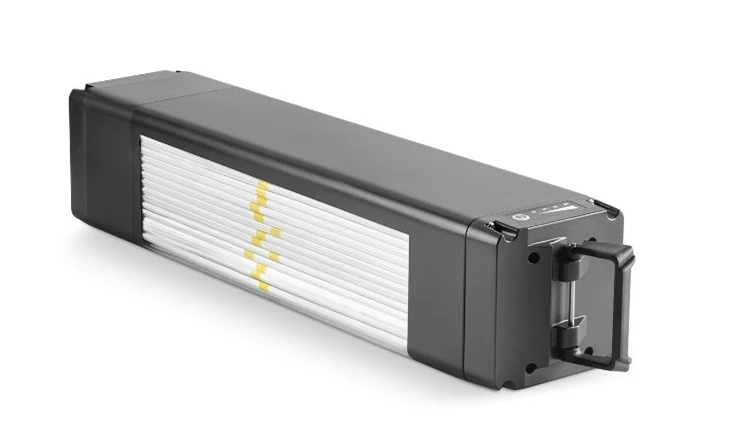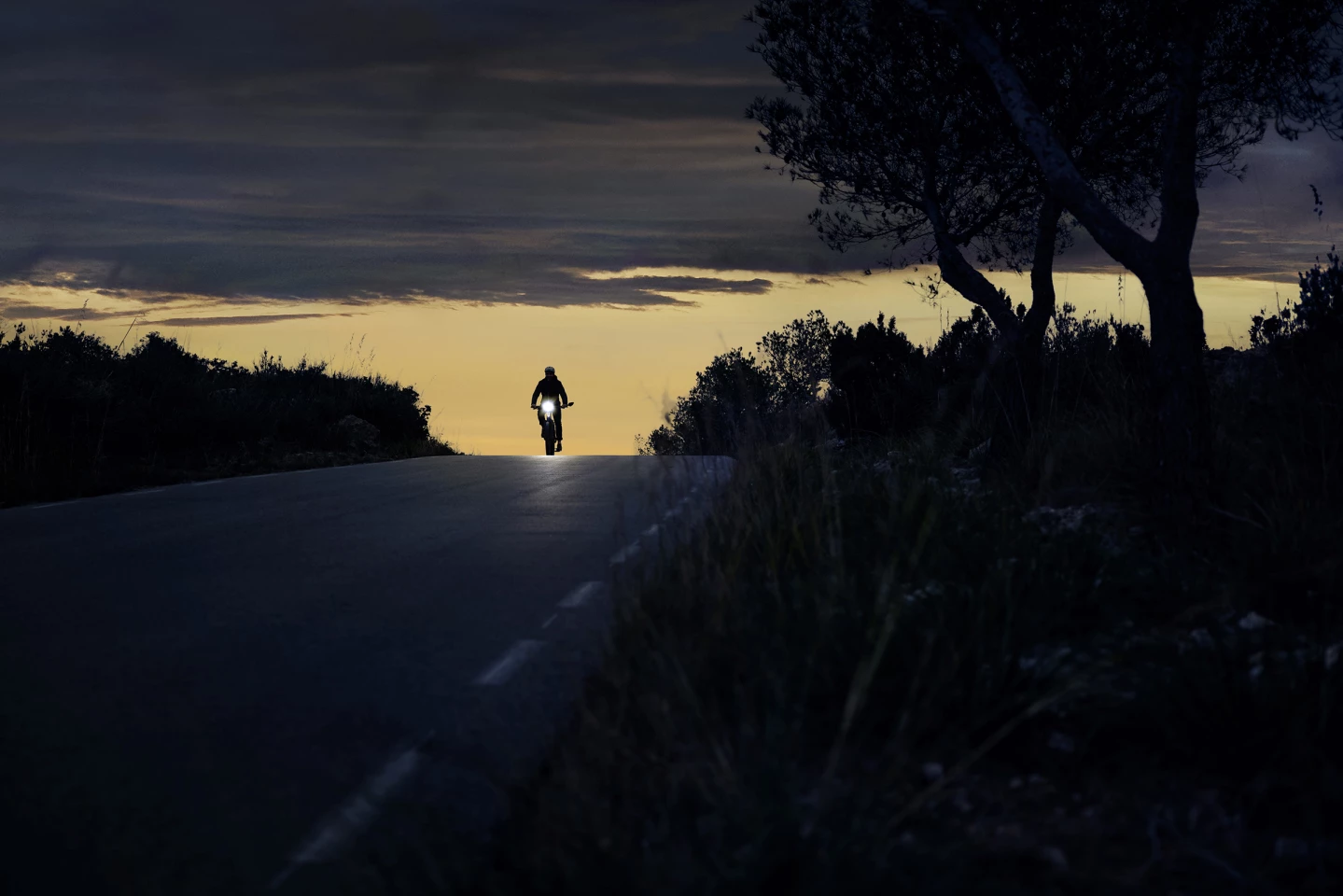The current generation of Stromer ebikes squeezes between 75 and 160 miles (120 and 260 km) of electric-assist range out of batteries that take between 3.7 and 7 hours to charge charge. But the Swiss manufacturer is already hard at work on a solid-state battery pack that could cut those charging times drastically, allowing riders to get back in the saddle in less time than it takes to devour a sandwich and down a bottled water.-
While Stromer admits that its ceramic solid-state battery remains years from production, it highlighted its first bike-ready functional prototype at last month's Eurobike show. It has been collaborating with Taiwanese ebike battery manufacturer TD Hitech Energy on the next-gen tech.
"The solid-state ceramic battery is our holy grail," Stromer co-CEO Tomi Viiala said. "This new technology can provide many benefits in the future, particularly in terms of safety and the speed until fully charged, which will be around 10 times faster than for a current lithium battery."

Stromer further explains that it's working to utilize the solid-state technology in creating ebike packs that are capable of low-temperature charging down to -20 °C (-4 °F), with hopes to go down to -30 °C (- 22°) in the future.
As far as charging times, the company believes it will be able to cut fast-charging down to 20 minutes, with an ultimate goal of leveraging the tech to create packs that can charge in as few as 12 minutes. Assuming one is cycling where charging is accessible, such a fast charging rate would effectively make pedal-assist range virtually limitless, allowing the rider to charge in little more than a bathroom break's worth of time.

Don't get too excited for those 15-minute charges just yet, however. Viiala admits solid state batteries remain years away from series production. Developers will need to figure out ways of lowering costs and improving power figures to the point both are viable for a retail ebike product.
We expect solid-state batteries will first reach the automotive market, where they're touted as the same type of holy grail Stromer describes. In addition to faster charging times and increased safety, solid-state batteries boast improved energy density, meaning longer ranges and/or smaller, lighter battery packs. Automakers such as Toyota and BMW and battery companies like Panasonic and Samsung have all been working on solid state tech for electric vehicles.
Source: Stromer






